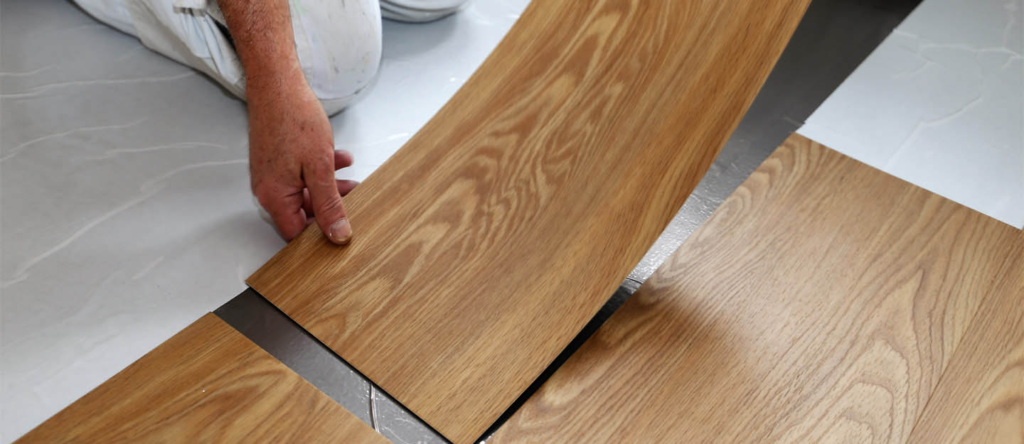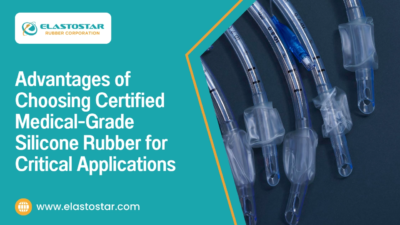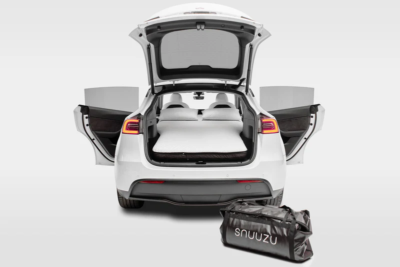A Complete Guide to Commercial Flooring for Your Business

Choosing the right flooring for your commercial space is a critical decision that impacts not only aesthetics but also functionality, safety, and long-term costs. Whether you run a retail store, office, or industrial facility, your flooring needs to withstand high foot traffic, comply with safety standards, and align with your brand image. This comprehensive guide delves into the various aspects of commercial flooring, providing insights and statistics to help you make an informed choice.
Why Commercial Flooring Matters
Flooring plays a pivotal role in defining the look and feel of your business premises. It can enhance productivity, create a welcoming atmosphere, and improve safety standards. According to a report by the Global Market Insights, the commercial flooring market was valued at over £30 billion in 2023 and is projected to grow at a compound annual growth rate (CAGR) of 4% from 2024 to 2030. This growth underscores the increasing demand for durable and versatile flooring solutions.
Key Considerations When Choosing Commercial Flooring
- Durability Commercial floors endure heavy foot traffic, machinery, and spills. Materials such as vinyl, concrete, and ceramic tiles are popular for their resilience. For instance, vinyl flooring can last up to 20 years with proper maintenance.
- Maintenance Requirements Low-maintenance flooring options can save your business time and money in the long run. Polished concrete, for example, is stain-resistant and easy to clean, making it a favourite for warehouses and industrial spaces.
- Aesthetics Flooring should complement your brand and interior design. Wood-look vinyl and luxury vinyl tiles (LVT) are popular choices in retail and hospitality sectors for their elegant appearance and durability.
- Safety and Compliance Safety is paramount in commercial settings. Anti-slip coatings and flooring materials such as rubber can reduce the risk of accidents. The Health and Safety Executive (HSE) in the UK emphasises the importance of slip-resistant flooring in workplaces to prevent injuries.
- Cost The initial investment and lifecycle cost should align with your budget. While high-quality flooring may have a higher upfront cost, it often proves cost-effective over time due to reduced maintenance and replacement needs.
Types of Commercial Flooring1. Vinyl Flooring
Vinyl flooring is versatile, durable, and available in a wide range of designs, including wood and stone looks. Its water-resistant properties make it suitable for healthcare, retail, and education sectors. According to the European Resilient Flooring Manufacturers’ Institute (ERFMI), vinyl flooring accounted for over 35% of the commercial flooring market in 2023.
Advantages:
- Cost-effective
- Easy to clean
- Long-lasting
Disadvantages:
- Susceptible to scratches from heavy furniture
- Limited repair options
2. Carpet Tiles
Carpet tiles offer excellent sound absorption, making them ideal for offices and hospitality environments. They are easy to install and replace, offering flexibility in design.
Advantages:
- Noise reduction
- Wide variety of colours and patterns
Disadvantages:
- Higher maintenance requirements
- Less durable in high-traffic areas
3. Ceramic and Porcelain Tiles
These materials are known for their durability and resistance to water and stains. They are commonly used in restaurants, kitchens, and restrooms.
Advantages:
- Long lifespan
- Low maintenance
Disadvantages:
- Cold underfoot
- Can be slippery when wet
4. Polished Concrete
Polished concrete is a sustainable and low-maintenance option, often used in industrial and retail settings. It offers a modern, sleek look and excellent durability.
Advantages:
- Eco-friendly
- Resistant to wear and tear
Disadvantages:
- Limited design options
- Requires professional installation
5. Rubber Flooring
Rubber flooring is popular in gyms, healthcare facilities, and educational institutions for its comfort and safety features.
Advantages:
- Slip-resistant
- Shock absorbent
Disadvantages:
- Higher initial cost
- Limited aesthetic appeal
Emerging Trends in Commercial Flooring
- Sustainability With growing emphasis on eco-friendly practices, many businesses are opting for sustainable flooring materials like bamboo, reclaimed wood, and recycled tiles. According to a report by Statista, 75% of businesses in the UK prioritised sustainability in their purchasing decisions in 2023.
- Smart Flooring Advanced technologies are paving the way for smart flooring solutions that integrate sensors to monitor foot traffic and optimise space usage.
- Custom Designs Customisable flooring solutions allow businesses to incorporate their branding into the design, creating a unique and memorable space.
Maintenance Tips for Commercial Flooring
Proper maintenance is essential to prolong the life of your flooring. Here are some general tips:
- Regular Cleaning: Use appropriate cleaning agents and methods for your flooring type.
- Preventative Measures: Place mats at entrances to minimise dirt and moisture.
- Timely Repairs: Address scratches, cracks, and other damages promptly to prevent further deterioration.
Cost Analysis of Commercial Flooring
The cost of commercial flooring varies widely depending on the material and installation requirements. Below is an approximate cost range:
Flooring TypeCost per Square Metre (£)LifespanVinyl Flooring15 – 4010 – 20 yearsCarpet Tiles20 – 507 – 15 yearsCeramic/Porcelain Tiles30 – 10020+ yearsPolished Concrete25 – 6020+ yearsRubber Flooring40 – 10015 – 20 yearsFinal Thoughts
Selecting the right commercial flooring involves balancing aesthetics, functionality, and cost. By understanding the unique requirements of your business and exploring the available options, you can make a choice that enhances your space and supports your operations. Whether you prioritise durability, sustainability, or design, the right flooring can make a significant impact on your business’s success.
Investing in high-quality flooring not only improves the look and feel of your premises but also ensures long-term savings and satisfaction. As trends evolve, staying informed about the latest materials and technologies will help you maintain a competitive edge in your industry.
Research Snipers is currently covering all technology news including Google, Apple, Android, Xiaomi, Huawei, Samsung News, and More. Research Snipers has decade of experience in breaking technology news, covering latest trends in tech news, and recent developments.









